Community engagement. Apart but not alone
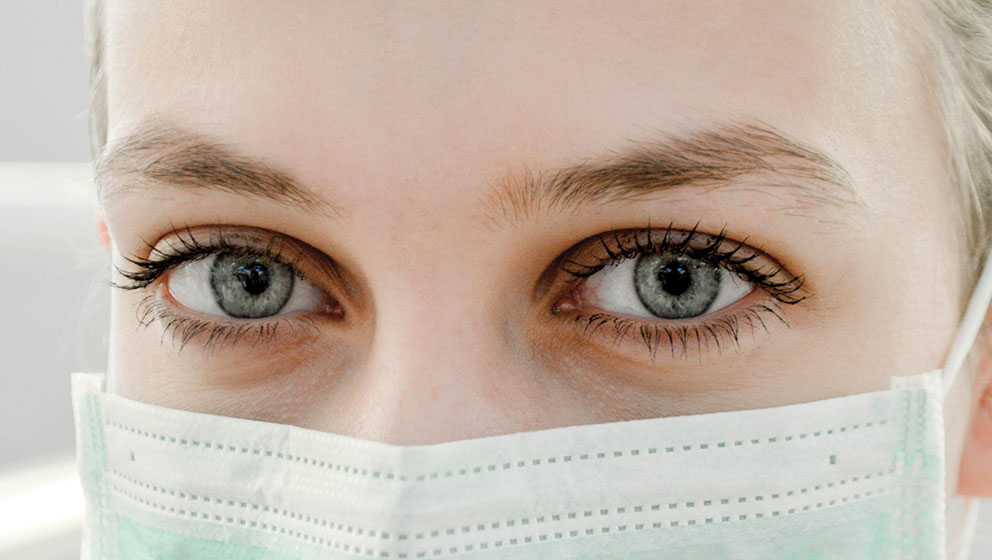
While the pandemic is affecting billions of people around the world, Cattolica is doing all it can to help counteract the effects of the emergency. Apart from finding ways to continue teaching and researching, Università Cattolica is also proactive in its contribution to the society and the community.
If you can't avoid talking about it, you'll read about it in the news. Or if you’ve decided not to read the newspapers for the moment, you’ll see it on the TV or overhear others talking about it. Let’s face it: the COVID-19 pandemic will be the sign of an era, and we’re not going to forget it quickly. This is true not just from a medical perspective, but also from the perspective of the impact the virus has on our lives in a broader sense: what unspoken feelings does it unveil? How does it feel to have your freedom to move around removed in the secluded world of local and global lockdowns?
But this is only part of the story. Cattolica, like other organizations around the world, is doing all it can to help counteract the effects of the pandemic. Moving classes to online platforms was just the first step. Apart from finding ways to continue teaching and research activities, the university is also proactive in its contribution to society and the community.
In line with this mission, the Policlinico Gemelli Foundation in Rome has transformed its Columbus Hospital into a Regional Covid Hospital. The new Columbus Covid 2 Hospital is equipped with 59 intensive care beds and a further 80 ward beds, all for the treatment of those suffering from COVID-19. The Faculty of Medicine and Surgery in Rome is driven by a sense of community and is acting to deal with the pandemic. The Rector of Università Cattolica, Franco Anelli, and the Faculty Dean, Rocco Bellantone, are clear about the efforts that the current situation requires from health professionals. “We have answered the call to arms issued by the Lazio Region with a sense of responsibility, providing the health service with our clinical and medical competencies,” Professor Bellantone says. The Rector is clear about the dedication of the hospital staff when he says,
“The gratitude we feel towards our young doctors and nurses, who were just students not long ago, is huge, and we are full of admiration and affection.”
Students have been fast-tracked to graduation to become doctors and nurses. “We brought forward the date of your graduation so that we can respond quickly to the virus that is spreading through our cities. What will be asked of you will be arduous, intense, and even risky, as you embark on the care of patients,” Rector Franco Anelli said in his speech to the new graduates. No ceremonies, no graduation parties afterwards, no proud parents attending the celebration of one of the greatest achievements of their children. Thirteen students graduated at least two weeks ahead of schedule in order to be ready to start work. Pro-Rector Mario Taccolini, also President of the Fondazione Poliambulanza in Brescia (one of the worst affected areas) is clear about the importance of those in the health profession, including the new graduates: “Being a nurse means choosing a profession whose main aim is to ensure people’s wellbeing and provide health care, looking after the weakest and most vulnerable in our society. Graduating some weeks earlier than scheduled means that we can offer the local community the best, youngest and most qualified resources we have in order to help deal with this emergency that our country is experiencing.”
Professors and faculty members are making every effort to deliver courses to students. Most classes are now being held online so that students can keep to their study program, and social media are being used by some professors to spread good practice to be followed at this difficult time.
Professor Emanuela Confalonieri, who teaches Psychology of Educational Interventions, uses TikTok to share her advice on dealing with the stress that students might experience: “It’s much better to ask than sit at home worrying. The problem is clear but talking about it can help people feel less fearful.” The directors of the Università Cattolica Specializing Programs have opened a page on LinkedIn entitled “Our voices in times of crisis” with the aim of discussing some of the most difficult aspects of this health emergency.
The page touches on, among other things, individual and corporate social responsibility, human relationships with enforced physical distance, and the consequences the pandemic may have on the global economy.
The spirit and nature of Università Cattolica prepares students to be an active part of society, contributing with the knowledge and skills acquired here. Graduates from the university take this with them when they leave and it becomes part of their own nature to serve the community.
Giuseppe Miroglio, alumnus of the Faculty of Economics, is now Vice President of the Miroglio Group, which manufactures and distributes clothing and fabrics. To lend their support to the fight against COVID-19, the company has shifted production to making protective masks. When they reach full production, they will be producing 25,000 masks a day which will be provided to hospitals, pharmacies and municipalities in the Piedmont Region.
"Despite the most difficult of times which sees many people suffer, there is a sign of the strength that communities are showing in their care for others."
Article featured on Worldbound, edition n.4-2020.


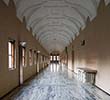 And the world stood still
And the world stood still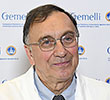 Faculty. Standing together for Science - Professor Roberto Cauda
Faculty. Standing together for Science - Professor Roberto Cauda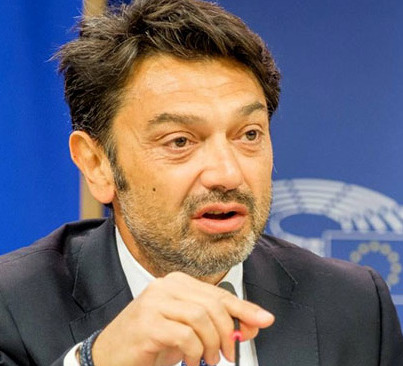 Tech news. Riding the new digital wave - Federico Rajola, Director of ILAB (Center for Digital Innovation)
Tech news. Riding the new digital wave - Federico Rajola, Director of ILAB (Center for Digital Innovation)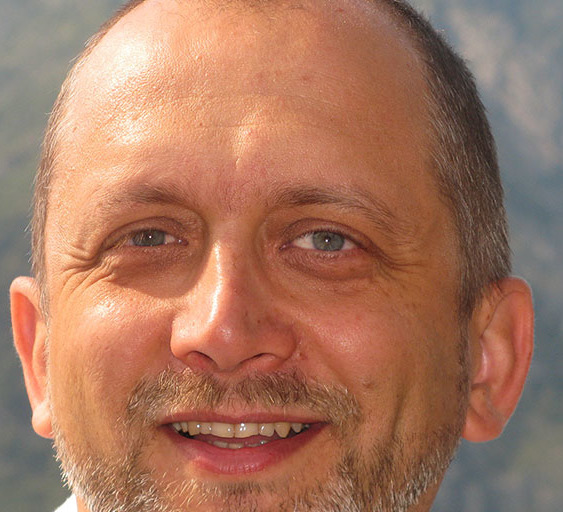 Tech news. Riding the new digital wave - Giuliano Pozza (Chief Information Officer at Cattolica)
Tech news. Riding the new digital wave - Giuliano Pozza (Chief Information Officer at Cattolica)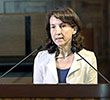 Looking forward. A conversation with Professor Antonella Sciarrone Alibrandi
Looking forward. A conversation with Professor Antonella Sciarrone Alibrandi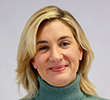 Meet the experts. Higher Education Internationalizations VS COVID-19 - Léa Senn, Università Cattolica del Sacro Cuore
Meet the experts. Higher Education Internationalizations VS COVID-19 - Léa Senn, Università Cattolica del Sacro Cuore Meet the experts. Higher Education Internationalizations VS COVID-19 - Gianluca Samsa, Università Cattolica del Sacro Cuore
Meet the experts. Higher Education Internationalizations VS COVID-19 - Gianluca Samsa, Università Cattolica del Sacro Cuore Meet the experts. Higher Ed Internationalizations VS COVID-19 - Gary Rhodes, California State University at Dominguez Hills
Meet the experts. Higher Ed Internationalizations VS COVID-19 - Gary Rhodes, California State University at Dominguez Hills International students. Student voices from the lockdown
International students. Student voices from the lockdown Student mobility in the time of COVID-19. Corrado Cavalli, exchange student at Hanyang University (Seoul, South Korea)
Student mobility in the time of COVID-19. Corrado Cavalli, exchange student at Hanyang University (Seoul, South Korea)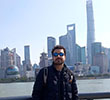 Student mobility in the time of COVID-19. Andrea Riccio, Exchange student at Groupe ESSCA Shanghai (Shanghai, China)
Student mobility in the time of COVID-19. Andrea Riccio, Exchange student at Groupe ESSCA Shanghai (Shanghai, China)